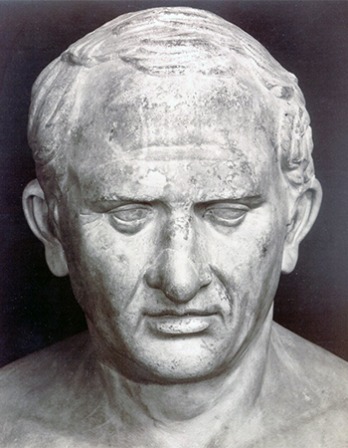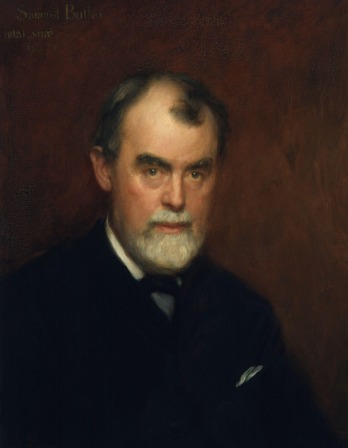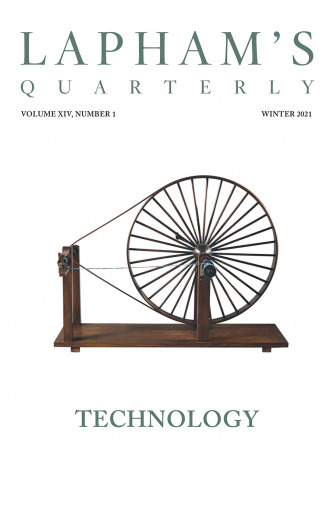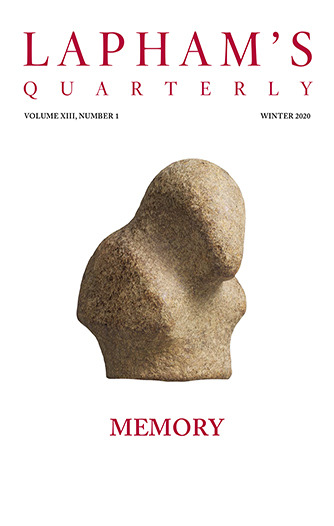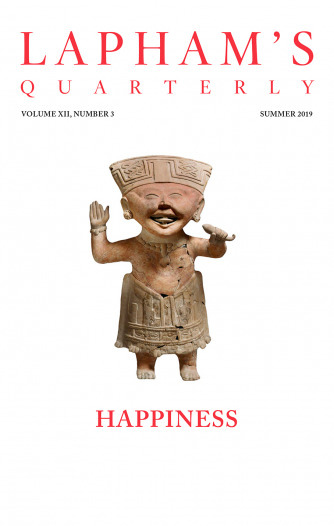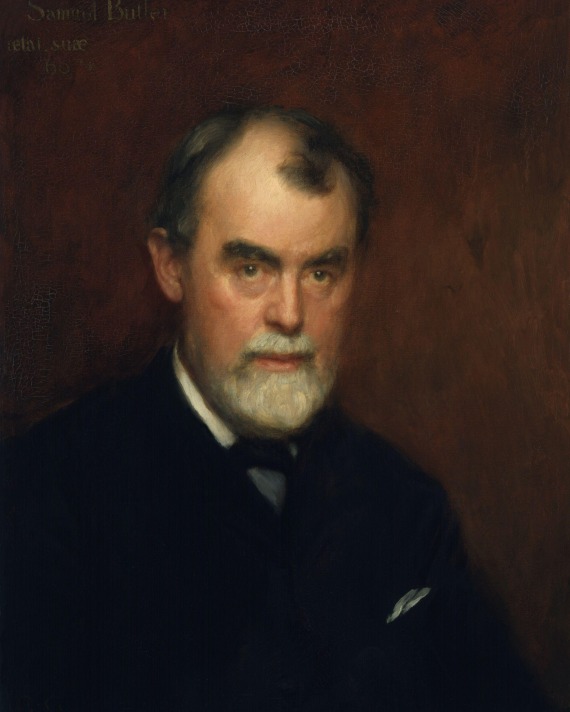
Samuel Butler
(1835 - 1902)
After deciding life as an Anglican minister (the occupation for which he had trained) was not for him, Samuel Butler emigrated from England to New Zealand, where he took up sheep farming. After selling the farm for a considerable sum, he returned to London, where he would spend the rest of his life writing novels that challenged Victorian notions of idealism and society. His most noted worked include 1872’s Erewhon, or Over the Range; 1887’s Luck or Cunning as the Main Means of Organic Modification?; and The Way of the Flesh, published posthumously in 1903.
